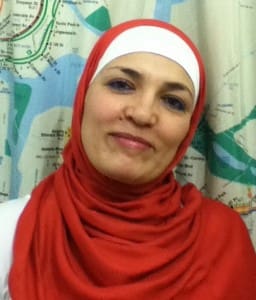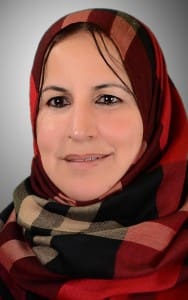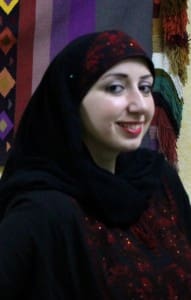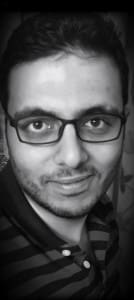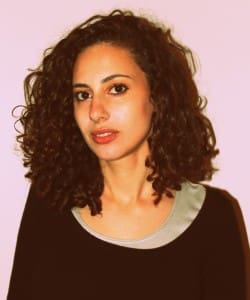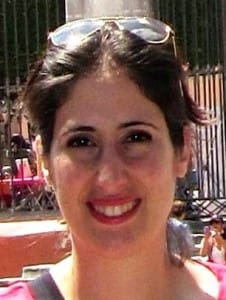This is a 1:12-minute teaser for a series of video interviews with Gazans I’m releasing for my birthday.
Thoraya El-Rayyes is a writer and literary translator living in Amman, Jordan. She was born in Kuwait to Palestinian parents and immigrated to Canada with her family at the age of six, although she has lived in Jordan for most of her life.
Thoraya’s English language translations of Arabic literature have appeared in various literary magazines, including World Literature Today, Cutbank, The Common, Banipal and Sukoon.
